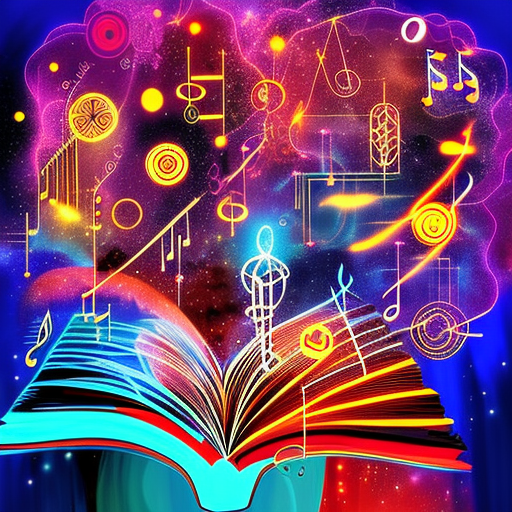Summary:
This Is Your Brain on Music: The Science of a Human Obsession by Daniel J. Levitin explores the fascinating connection between music and the human brain, delving into the scientific explanations behind our deep emotional and psychological responses to music. Levitin, a renowned neuroscientist and musician, takes readers on a captivating journey through the various components of music, from rhythm and melody to harmony and emotion, providing insights into why music has such a profound impact on our lives.
The Power of Music:
Levitin begins by highlighting the universal appeal of music, emphasizing its ability to evoke strong emotions and memories in individuals across cultures and generations. He explains that music has the power to tap into our deepest emotions because it activates multiple regions of the brain simultaneously. Through the use of brain imaging technology, Levitin demonstrates how different brain areas, such as the auditory cortex, limbic system, and prefrontal cortex, work together to process and interpret musical stimuli.
Furthermore, Levitin explores the evolutionary origins of music, suggesting that it played a crucial role in human survival and social bonding. He argues that music may have evolved as a form of communication, allowing early humans to convey emotions, intentions, and social information. This theory is supported by the fact that music activates the same brain regions involved in language processing, indicating a strong connection between the two.
The Elements of Music:
Levitin delves into the various elements that make up music, shedding light on how they contribute to our emotional responses. He explains that rhythm, the fundamental building block of music, is deeply ingrained in our brains and bodies. Our brains have an innate ability to perceive and synchronize with rhythmic patterns, which explains why we instinctively tap our feet or nod our heads to the beat.
Melody, another essential component of music, is explored in detail by Levitin. He explains how melodies are constructed using a combination of pitch, duration, and timbre, and how they can evoke specific emotions based on their contour and structure. Levitin also discusses the role of harmony and its impact on our emotional experience of music, highlighting the interplay between consonance and dissonance.
The Science Behind Musical Preferences:
Levitin delves into the intriguing topic of musical preferences, exploring why individuals have different tastes in music. He argues that our musical preferences are shaped by a combination of genetic factors, early exposure, and personal experiences. Levitin explains that our brains form strong associations between music and emotions, memories, and social contexts, which influence our preferences throughout our lives.
Furthermore, Levitin challenges the notion of “good” and “bad” music, asserting that musical taste is subjective and influenced by cultural norms. He emphasizes the importance of embracing diverse musical styles and appreciating the unique qualities each genre brings.
Key Takeaways:
- Music has a profound impact on the human brain, evoking strong emotions and memories.
- Music activates multiple brain regions simultaneously, including those involved in language processing and emotion regulation.
- Rhythm, melody, and harmony are key elements of music that contribute to our emotional responses.
- Musical preferences are shaped by a combination of genetic factors, early exposure, and personal experiences.
- Musical taste is subjective, and there is no such thing as “good” or “bad” music.
“Music is not a thing, but a process – an activity.”
– Daniel J. Levitin
In “This Is Your Brain on Music,” Daniel J. Levitin provides a captivating exploration of the science behind our obsession with music. By unraveling the intricate connections between music and the human brain, Levitin offers a deeper understanding of why music holds such a powerful sway over our emotions and experiences. Whether you’re a musician, music lover, or simply curious about the inner workings of the brain, this book is sure to leave you with a newfound appreciation for the profound impact of music in our lives. So, put on your favorite song, let the melodies transport you, and marvel at the wonders of your brain on music.












